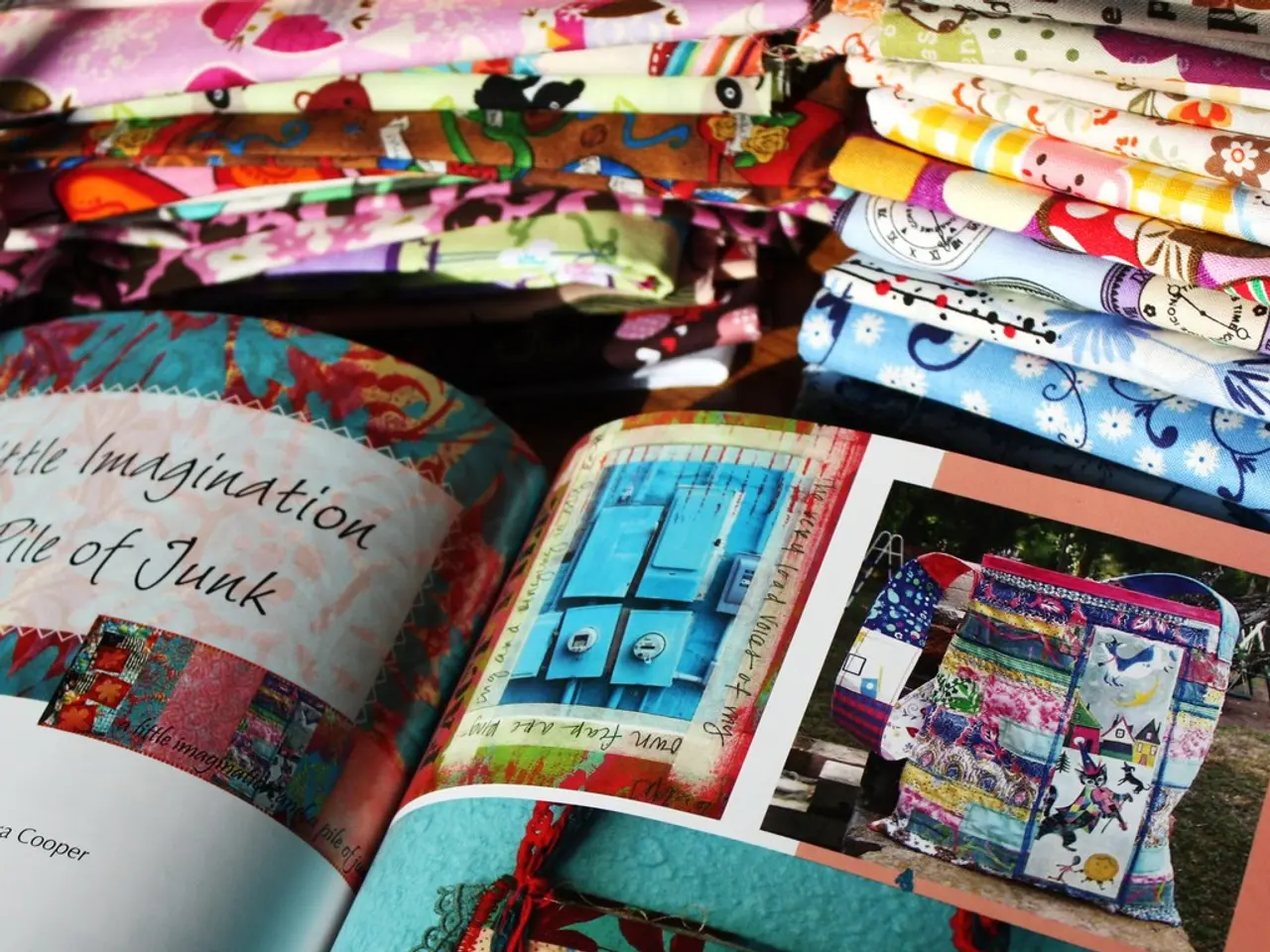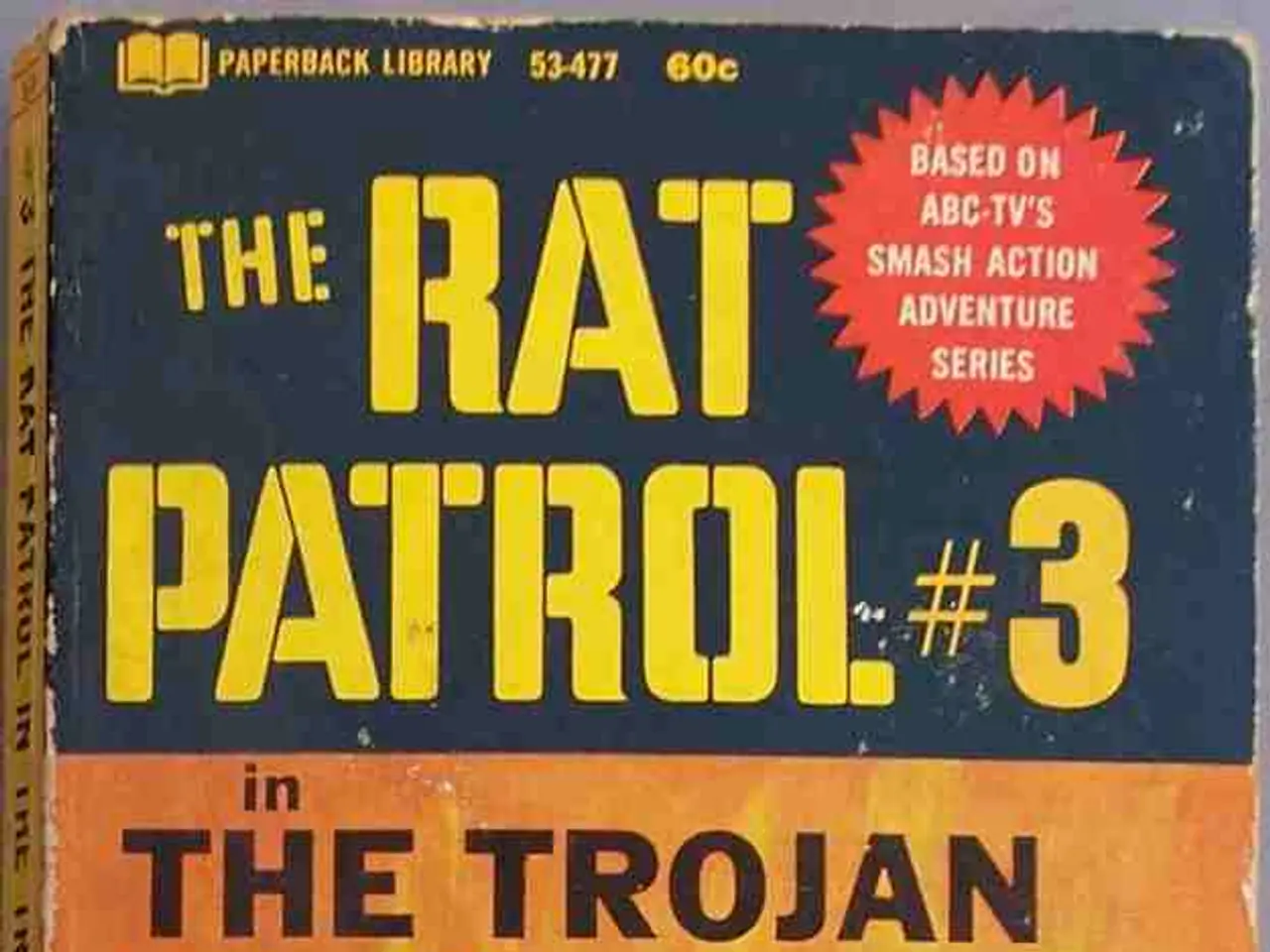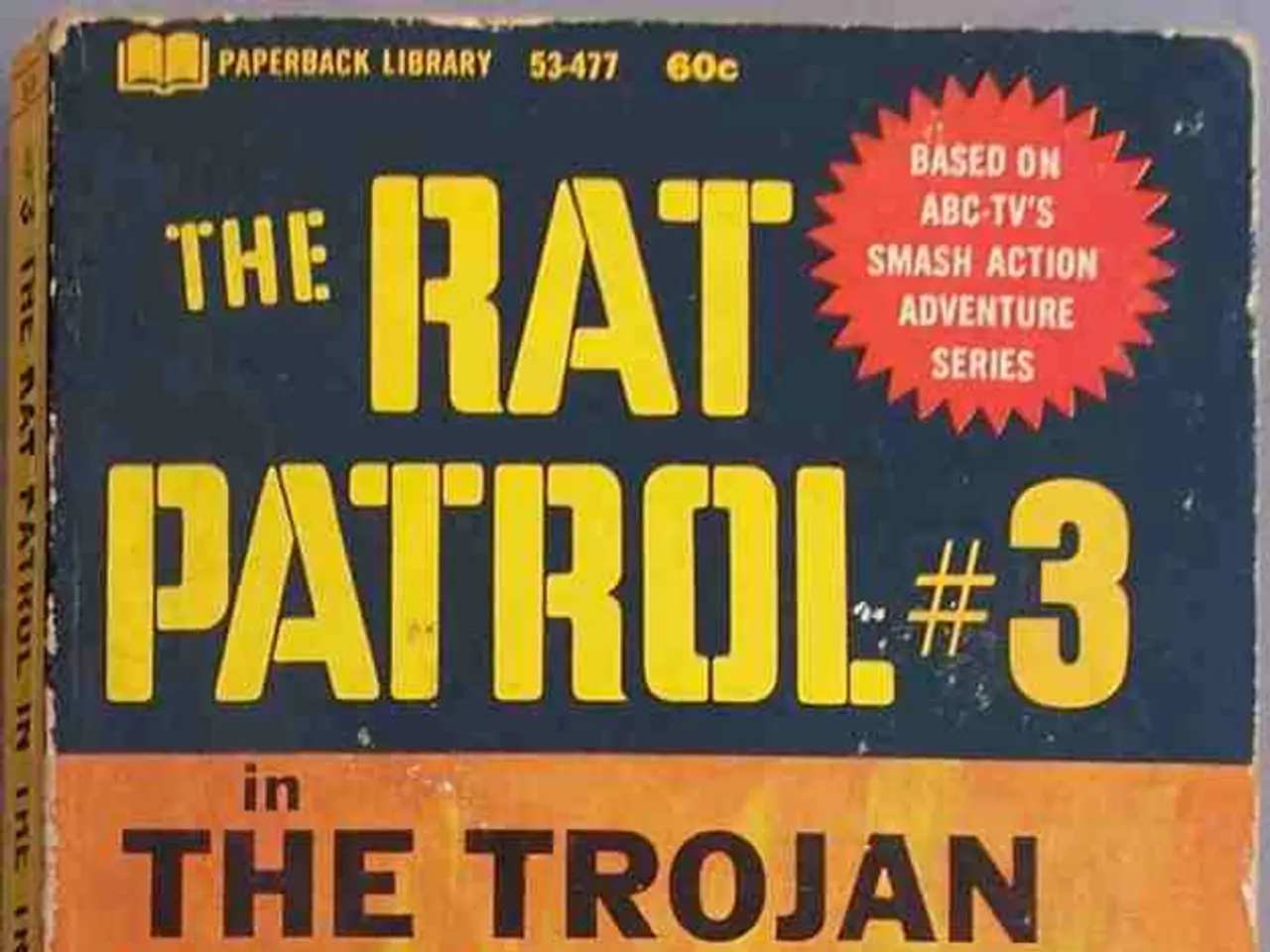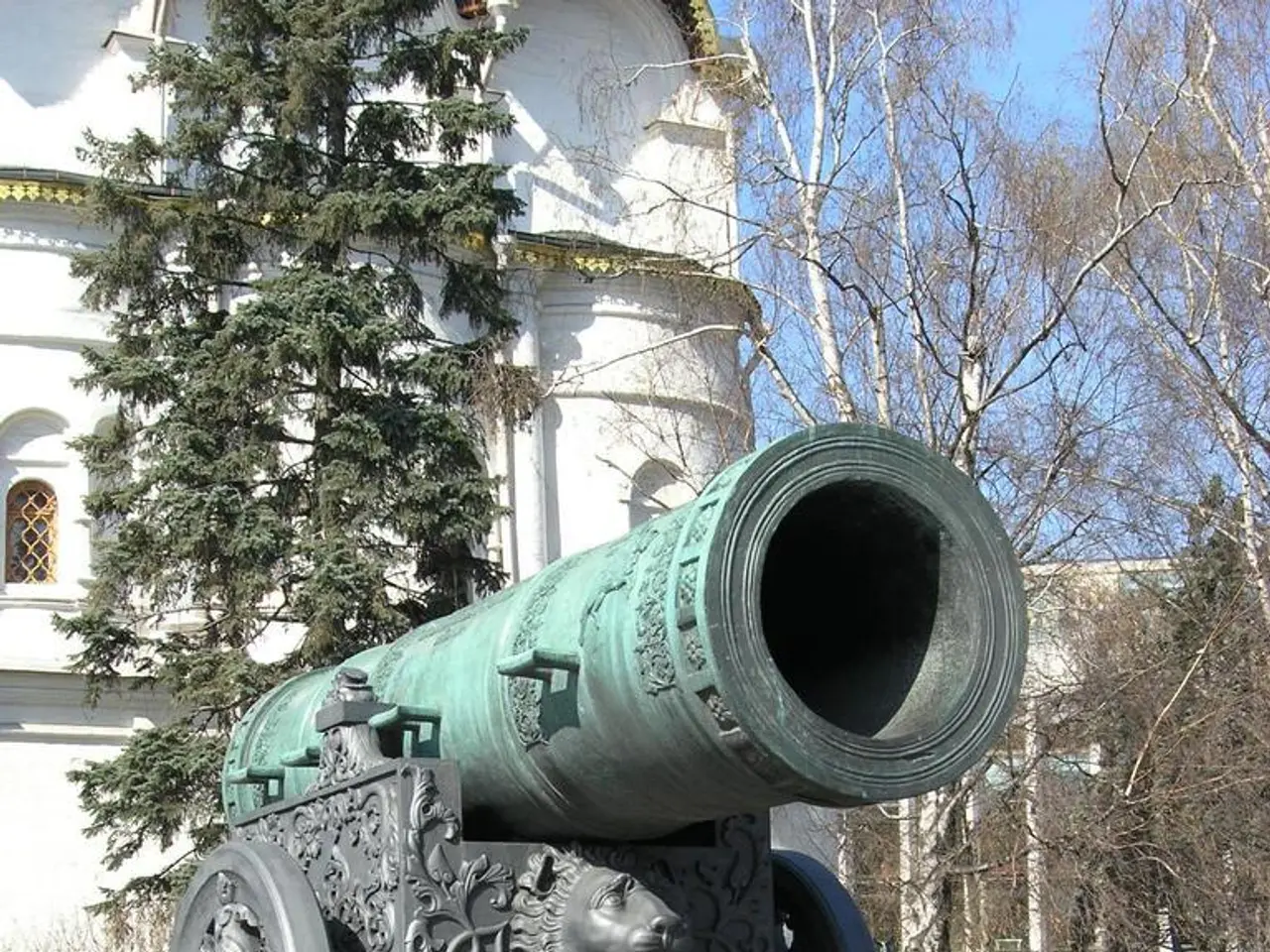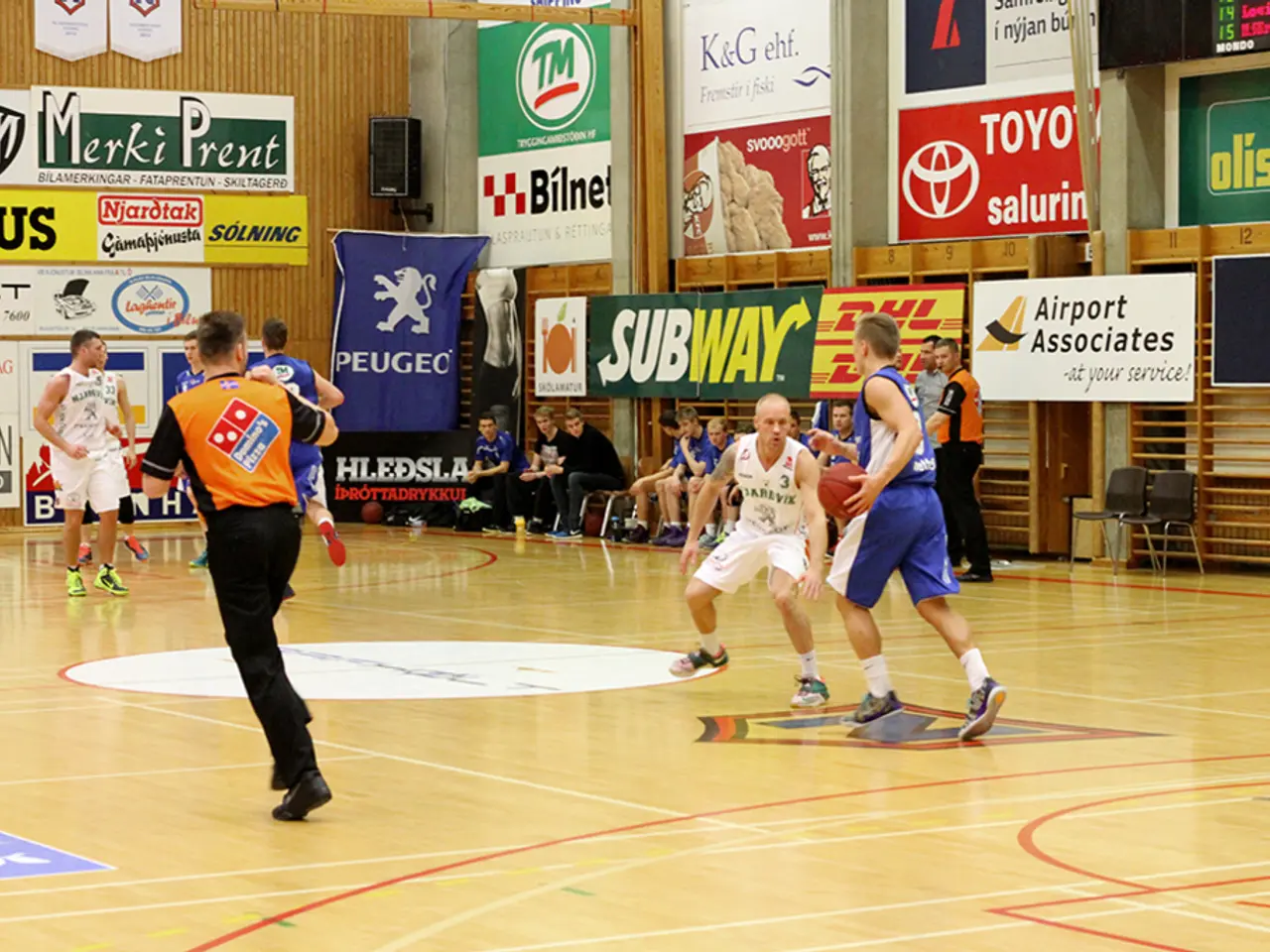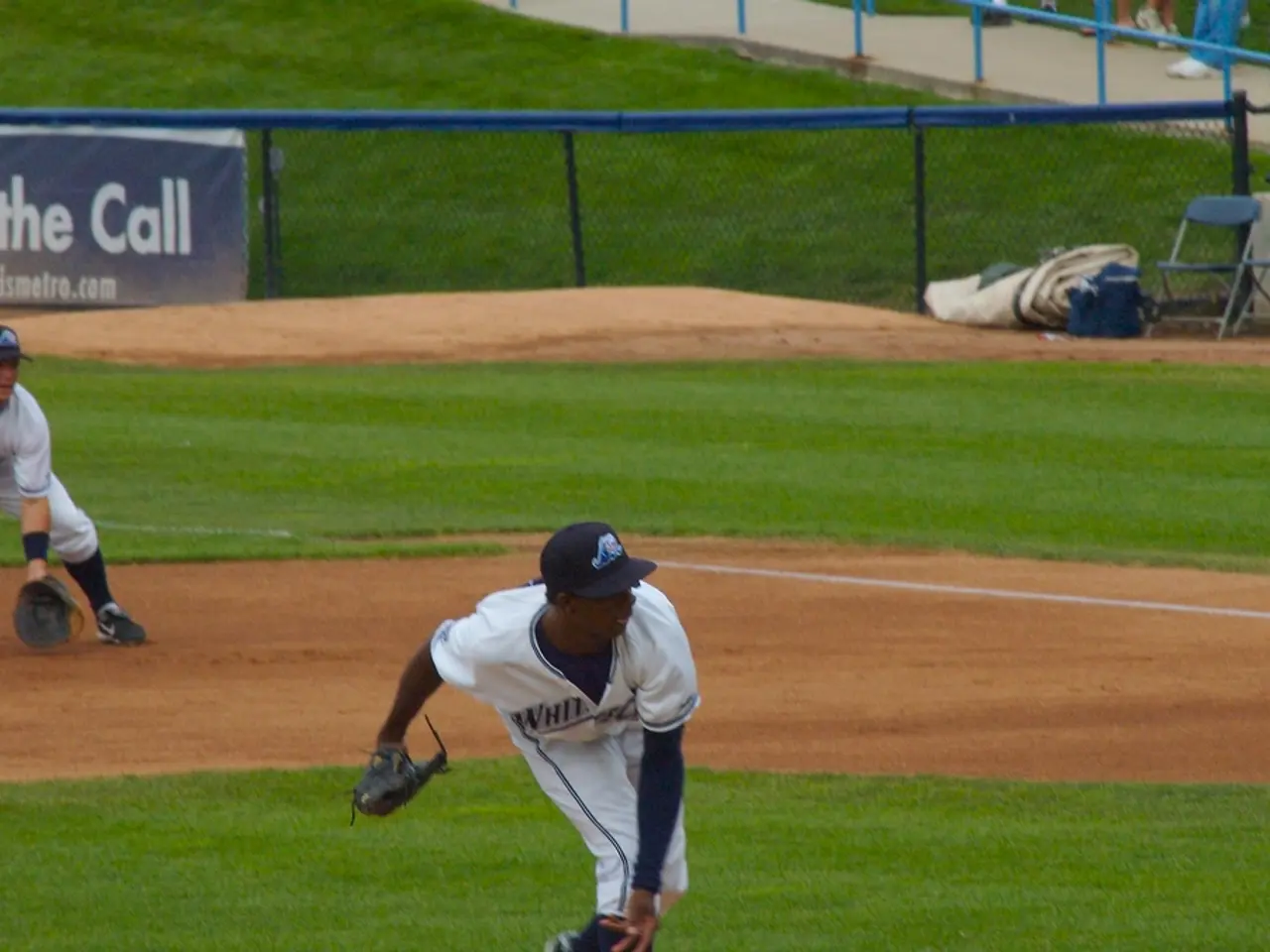Kremlin criticizes Europe and Ukraine, Kiev undergoes political transition
As the war between Russia and Ukraine continues, peace talks remain a contentious issue with no definitive resolution in sight. Key figures involved in the negotiations include Russian President Vladimir Putin and Ukrainian President Volodymyr Zelenskyy, with Western leaders such as Donald Trump (US), Keir Starmer (UK), and Emmanuel Macron (France) pushing for a ceasefire.
Since the invasion began in February 2022, multiple rounds of peace negotiations have taken place, but no agreement has been reached. The key demands remain wide apart: Russia seeks recognition of the occupied territories as Russian, security guarantees preventing Ukraine from joining NATO, and the removal of sanctions. In contrast, Ukraine demands a full withdrawal of Russian troops, the return of prisoners, prosecution for war crimes, and security assurances against future aggression.
Early in the war, talks took place in Belarus and Turkey, where a near-agreement was reached involving Ukraine abandoning NATO membership plans and receiving Western security guarantees. However, disagreements and incidents like the Bucha massacre caused negotiations to stall. Renewed efforts began in 2025 after Donald Trump became US President, who engaged directly with Putin and Zelenskyy in early 2025. However, Putin reportedly dismissed these peace overtures, expecting Ukraine's capitulation and showing no interest in detailed peace planning.
A ceasefire plan backed by British Prime Minister Keir Starmer and French President Emmanuel Macron included forming a “coalition of the willing” to protect a ceasefire in Ukraine, with limited truces occasionally agreed upon from March 2025 onward. Despite public support for peace talks in both Russia (64%) and Ukraine (51%), the battlefield situation has seen ongoing Russian advances and continued fighting, which undercuts prospects for immediate resolution.
Meanwhile, Umjerow, a candidate for the post of Ukrainian ambassador in Washington, has been involved in previous talks, heading the Ukrainian negotiating delegation in Istanbul. However, the peace efforts have been stagnant for months, with Russia waiting for a date proposal from Kiev for renewed negotiations.
The ambassadorial position is key for Ukraine, as the previous ambassador was replaced due to allegations by the Trump administration of being too close to the Democrats. The new Ukrainian government, expected to be confirmed as early as Thursday, will be led by Julia Svyrydenko, the current Minister of Economy and Deputy Prime Minister. The Ukrainian parliament, the Verkhovna Rada, has approved the resignation of Prime Minister Denys Shmyhal.
Rustem Umjerov, the current Defense Minister, is expected to leave the government as part of the cabinet reshuffle. Russia has accused Brussels and Kiev of open militarism, spending vast sums on weapons to fuel the ongoing war in Ukraine. Moscow has been trying to demonstrate its willingness to dialogue with renewed accusations against Ukraine.
However, Putin has justified the rejection of the ceasefire with fears that Ukraine would use such a ceasefire to rearm and regroup its troops. Volodymyr Zelenskyy has repeatedly questioned the usefulness of negotiations in their current format and has repeatedly pushed for a summit with Putin.
In a significant development, Russia attacked Ukraine again with around 400 drones, injuring 15 people in the night. Russia's leadership has repeatedly issued nuclear threats since the start of the invasion ordered by Kremlin chief Vladimir Putin. Russia's nuclear doctrine considers the incitement of non-nuclear states by nuclear powers against Russia as aggression.
As the conflict continues, the goodwill of the US government remains of significant importance to Ukraine. The peace talks primarily involve Putin and Zelenskyy as the key figures, with Western leaders pushing for a ceasefire, but the strategic stance of Putin continuing the war until his demands are met, coupled with Ukraine's firm conditions, means negotiations have yet to produce a breakthrough as of July 2025.
Economic and social policy discussions in the context of the ongoing war between Russia and Ukraine have been overshadowed by the continuous conflict, with no concrete resolution in sight. Despite the push from Western leaders for a ceasefire, politics and the complex demands set by both countries, especially regarding territorial claims and NATO membership, have made general-news headlines more about peace talks stalemates than breakthroughs.

